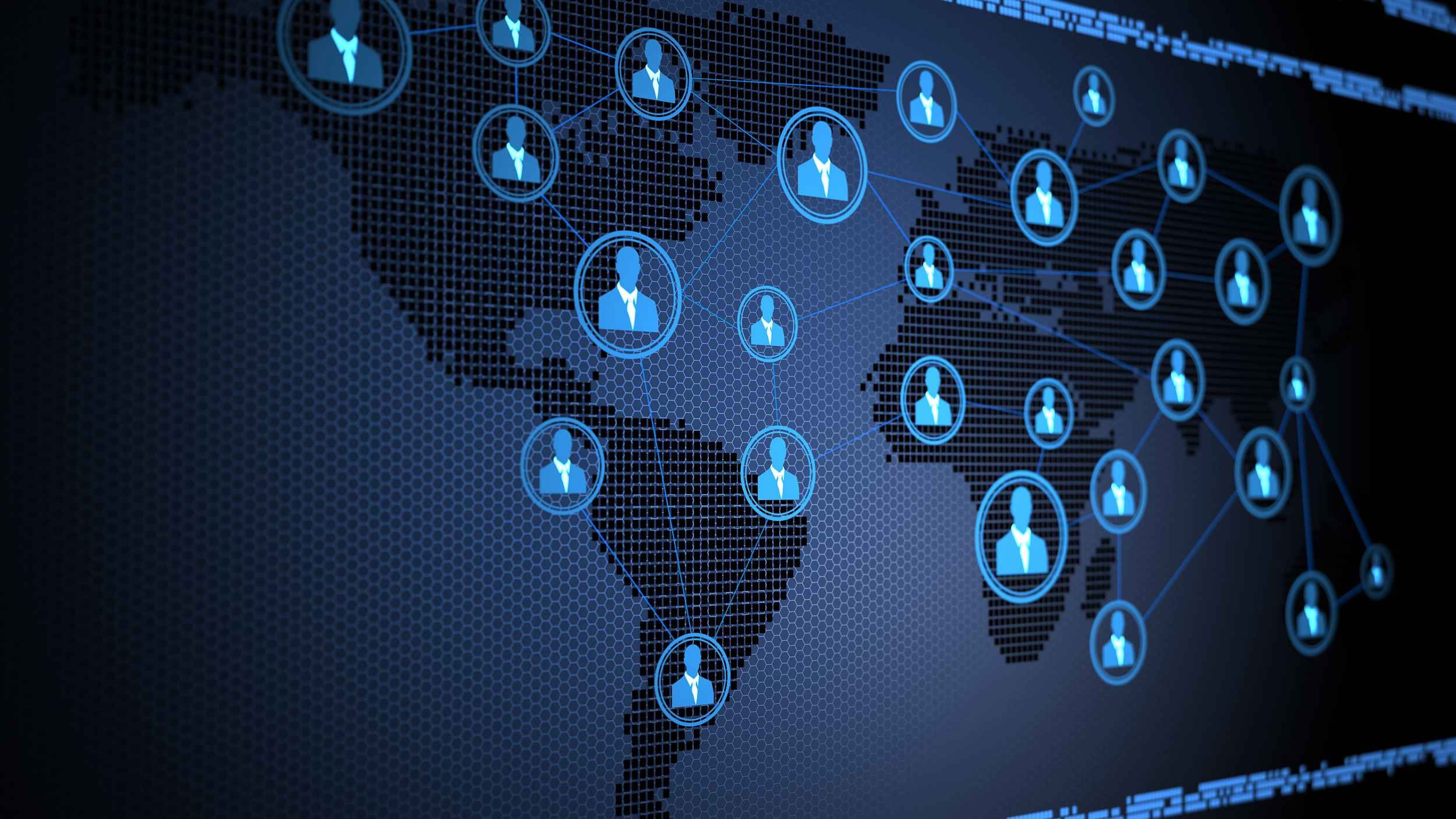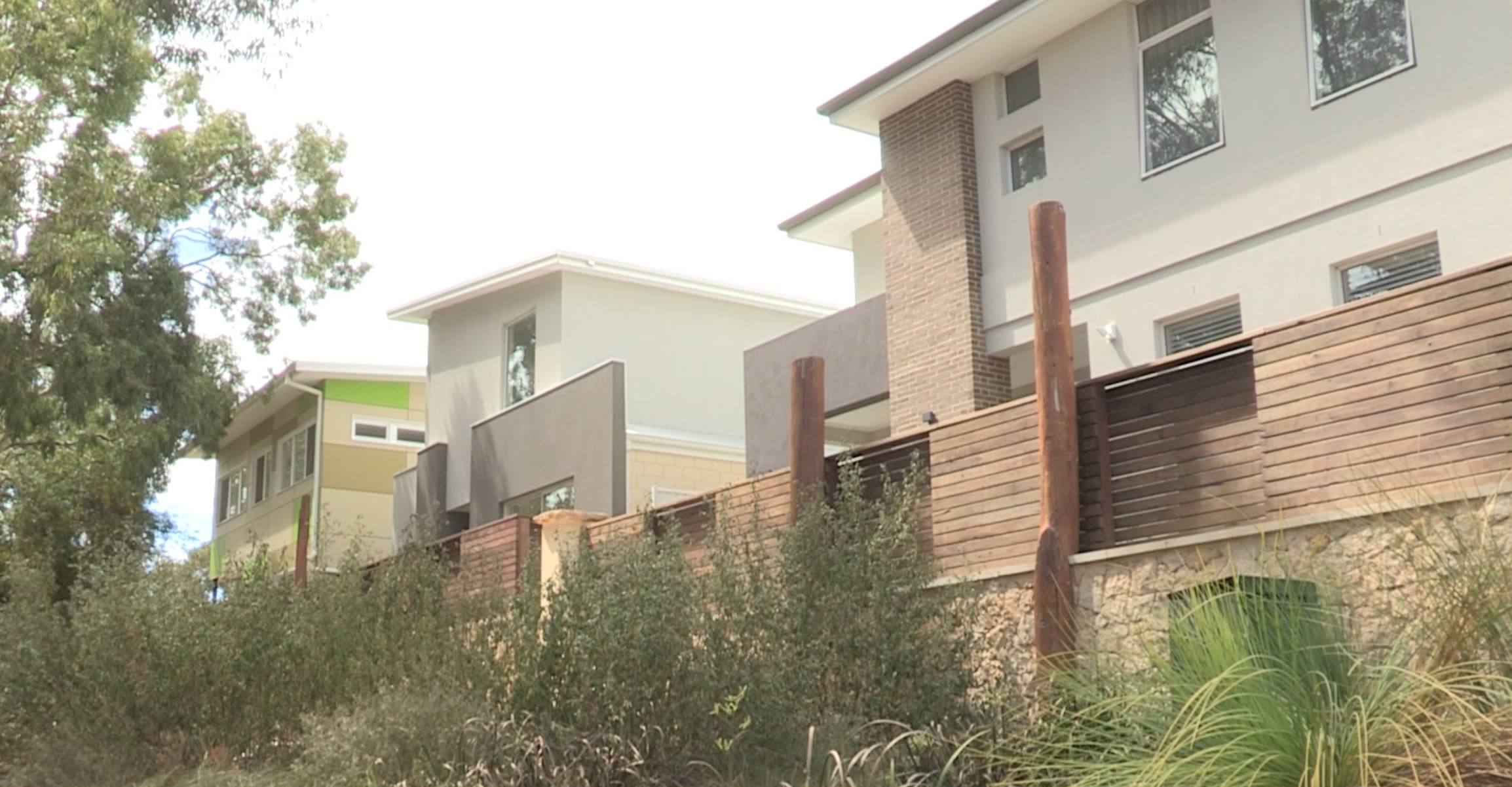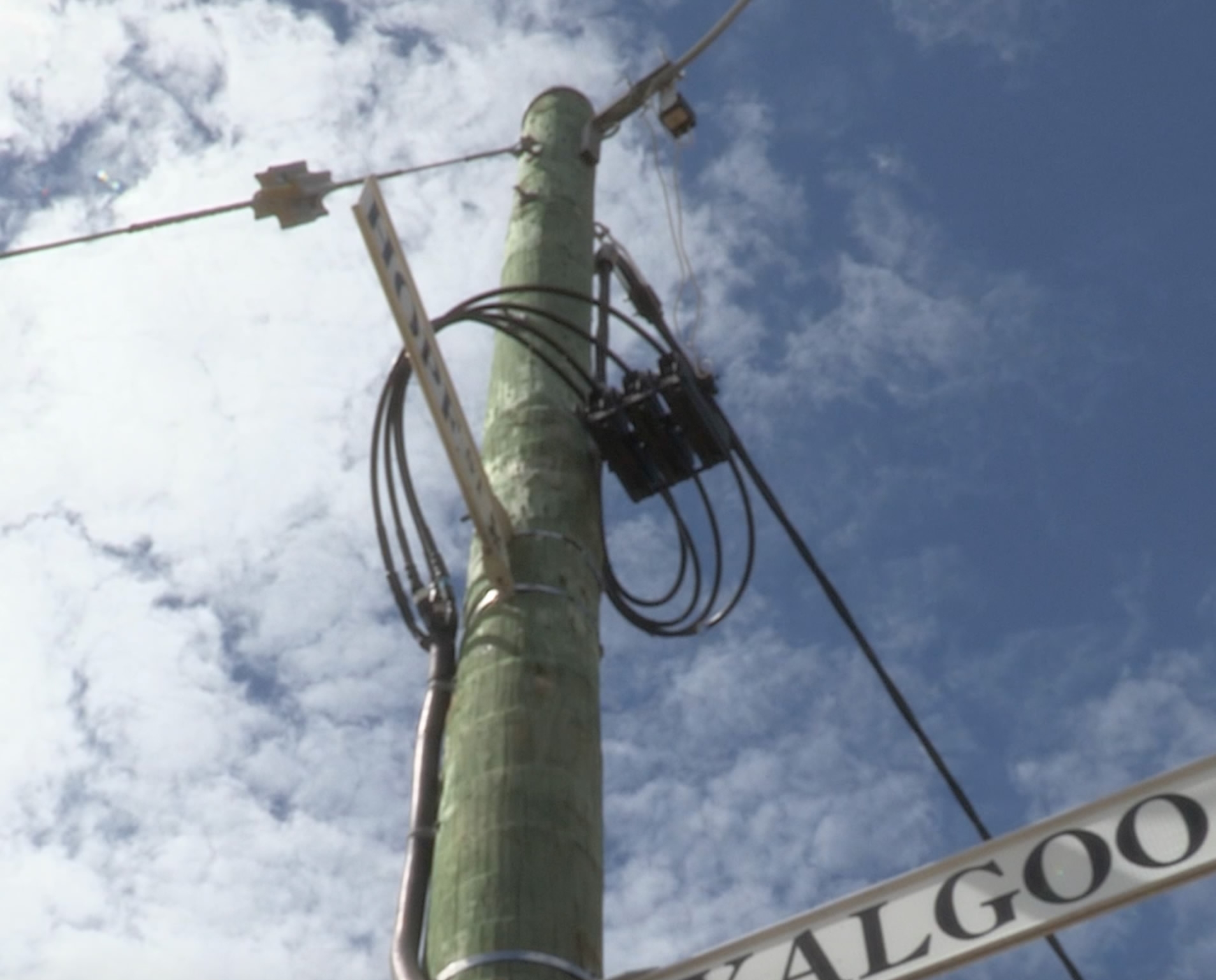
Business
13:49, 16-Mar-2018
Energy+Blockchain: Australian company uses blockchain to digitize energy
by Greg Navarro

An Australian company is using a technology commonly associated with cryptocurrencies such as bitcoin to make renewable energy more affordable and more efficient for consumers.
The process began when Power Ledger co-founder Jemma Green was searching for a solution to a problem in 2016 while completing her PhD.

Power Ledger Co-founder Jemma Green. /CGTN Photo
Power Ledger Co-founder Jemma Green. /CGTN Photo
“I was trying to find software that could allocate electricity that was coming from solar panels and batteries to each apartment and if people weren’t home to consume their electricity they could trade it with their neighbors,” said Green.
The answer she came up with relied on blockchain technology, a digital kind of ledger that allows peer-to-peer trading without relying on a middleman.
“So what blockchain does is it says, ok so you want to either send value or send some information and you want to use the internet to do it,” said University of Technology Sydney law lecturer Philippa Ryan. “You set up your end of the transaction, a counterparty sets up their side of the transaction, let’s say one person in Montreal the other person is in Shanghai, the blockchain will establish what each other has promised to do.”

The Fremantle community shares solar-generated electricity. /CGTN Photo
The Fremantle community shares solar-generated electricity. /CGTN Photo
That system is being used in an innovative Fremantle community geared toward environmental sustainability. Residents can buy or sell the power they generate through solar panels directly to each other. Green says the system is helping to reduce electricity costs and improve efficiency.
“So in the case of electricity markets, they typically settle payments every 80 days so it is a very long time for people (and) organizations to get paid. Even on your bill if you are selling electricity back to your retailer you get a bill every 60 days so you are waiting for that long to be paid for the electricity that you are selling back to the retailer.”

/CGTN Photo
/CGTN Photo
The system has caught the attention of Western Power, which provides power poles and wires across Western Australia.
“We want to understand how that is going to go back into the grid and make sure the grid is ready for the future because there are a lot of changes we are going to need to make to ensure that everybody can use the grid in the way that they want to,” said Alison Morley, head of business development at Western Power.
The blockchain-based power-sharing program is also generating a lot of interest among consumers and prospective home buyers.
“People are more aware of the electricity they are using and awareness brings more efficient behavior, that’s one thing, and within this development, a lot of people actually purchased the homes because of the sustainability features of the development which includes renewable energy,” said Green.

SITEMAP
Copyright © 2018 CGTN. Beijing ICP prepared NO.16065310-3
Copyright © 2018 CGTN. Beijing ICP prepared NO.16065310-3